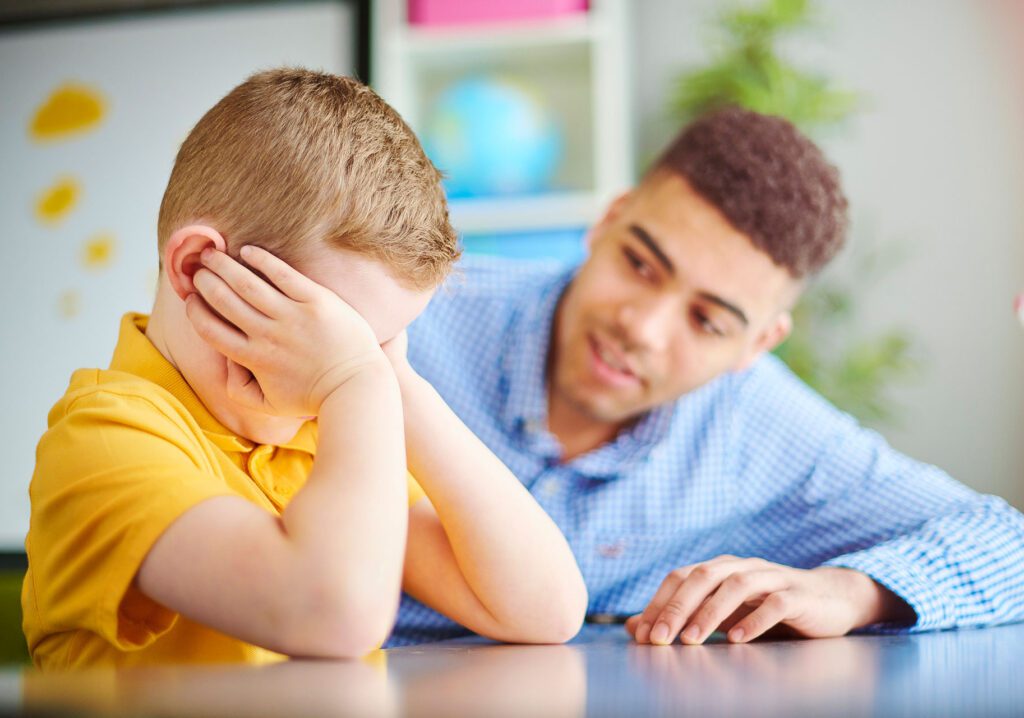Why LGBTQ+ people make effective educators

Why LGBTQ+ people make effective educators
LGBTQ+ educators bring a lot to the table. Read on to gain insights into some of the life experiences, strengths and assets that make them more empathetic and effective teachers and school leaders.1
- They are committed to inclusion and equity. LGBTQ+ educators often have extensive experience with marginalization and are highly sensitive to the importance of representation and inclusion.
- They know what it takes to create an inclusive community. Because they may share identities or experiences with these families, LGBTQ+ educators have first-hand knowledge of what Rainbow families need to feel welcomed, seen and celebrated.
- They maintain a high level of professionalism in stressful situations. LGBTQ+ educators are frequently misunderstood, rejected or targeted with unwarranted suspicion in the workplace. This lived experience has taught them how to perform well under pressure and maintain their commitment to high-quality, effective and developmentally appropriate practices in suboptimal conditions. Consider how this professionalism could better serve our field when educators feel safe and supported!
- They are insightful and emotionally intelligent. LGBTQ+ teachers can be adept at “reading a room” and picking up on nonverbal cues such as body language and subtle facial expressions. By noticing and responding to these “micro reactions” that convey important information about the group’s opinions and attitudes, they can establish better rapport, increase engagement and achieve better outcomes. They are also social problem-solvers, which makes them particularly well-suited to lead the multidisciplinary teams that drive our work in the field of early childhood education.
- They are tuned in to the complexities of intersectionality. LGBTQ+ educators navigate the complexities of identity every day. This gives them rare insights into the ways that race, gender, social class, religion, and sexual orientation intersect—and how this intersectionality can affect how individuals perceive and navigate obstacles. This nuanced understanding of intersectionality can also help guide the rest of us as we strive to support the children, families and colleagues in our diverse early childhood communities.
- They are often the first to sound the alarm about injustice. LGBTQ+ educators are sensitive to social injustice because they are often subjected to negative stereotypes and biases. They can provide invaluable insights and leadership as we work together to identify injustice, create more welcoming early childhood communities, and implement anti-bias practices.
Ready to put your new knowledge into action? Find out how
1 “Why LGBT Teachers May Make Exceptional School Leaders” by Catherine Lee (Frontiers in Sociology, July 2020)
https://www.frontiersin.org/articles/10.3389/fsoc.2020.00050/full